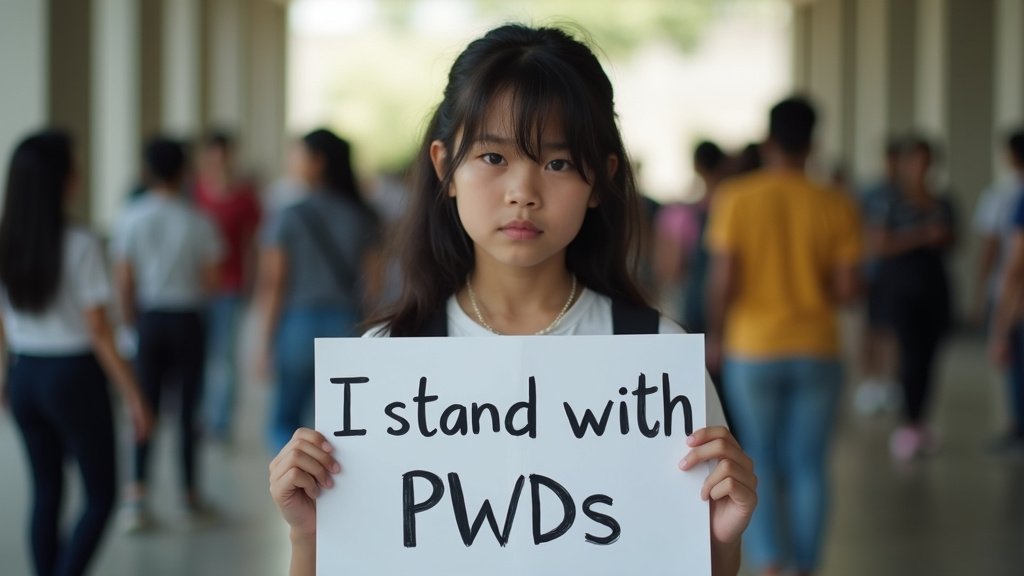A viral video circulating online, reportedly filmed at the Vaughan Metropolitan Centre station in Ontario, Canada, has ignited a fierce online debate and fueled anti-India sentiment. The footage, which has garnered millions of views, shows a woman sitting on the floor of the transit station. While the video’s caption and accompanying text claim she is an Indian national begging, the authenticity of her situation and her ethnicity remain unconfirmed, leading to a complex interplay of speculation, ethical concerns, and divisive rhetoric.
The Viral Footage: A Catalyst for Controversy
The trending video depicts a woman seated on the ground, seemingly with a piece of cardboard, a common sight associated with panhandling. However, as the videographer approaches and begins filming, the woman quickly covers her face and eventually stands up and walks away. Several online commentators have pointed to a Prada bag she was carrying as evidence that she might not be in dire financial straits, questioning the narrative presented in the video’s captions. The exact circumstances surrounding the recording and the woman’s identity are unknown, leading to a wide range of interpretations.
Fueling Anti-India Sentiments Online
Upon its release, the video was swiftly shared across social media platforms, often accompanied by captions that explicitly identified the woman as Indian and accused her of engaging in “begging” to portray a negative image of Indians abroad. Some comments expressed anger and directed derogatory remarks towards Indians, urging them to “go back to India.” This wave of online backlash has been amplified by algorithms that favor engaging content, regardless of its factual basis. This incident is not isolated; it appears to be part of a broader pattern of viral videos circulating online that target Indian immigrants and their culture in Canada, sometimes leading to calls for deportation or perpetuating stereotypes.
Ethical Questions and Debates Over Authenticity
The news has also brought to the forefront significant ethical considerations regarding the filming and public dissemination of potentially vulnerable individuals. Critics argue that recording someone, particularly someone who appears to be in distress or a sensitive situation, without their consent raises serious privacy concerns and can be exploitative. Furthermore, the lack of confirmed details about the woman’s ethnicity—with some users suggesting she could be Sri Lankan or Pakistani, not Indian—highlights the dangers of making sweeping generalizations and inciting hatred based on unverified assumptions.
The debate extends to the very nature of the woman’s actions. Some social media users defended her, suggesting that underlying issues like high tuition fees, immigration struggles, or even trafficking could be at play, urging for empathy rather than judgment. Others speculated the video might have been staged for social media content or reels.
Broader Context of Tensions and Online Hate
This incident occurs against a backdrop of heightened geopolitical tensions between India and Canada, particularly following allegations made by Canadian Prime Minister Justin Trudeau regarding the potential involvement of Indian agents in the killing of a Canadian citizen. While this specific video is distinct from politically motivated hate campaigns, the broader climate may contribute to an environment where anti-India sentiment can be more readily ignited and amplified. Reports indicate a rise in hate crimes targeting the Indian diaspora in Canada, with instances of individuals being told to “go back to India” and facing racist remarks.
Canadian federal authorities have previously condemned viral “online hate videos” targeting Hindus in Canada, with Public Safety Minister Dominic LeBlanc stating that “acts of aggression, hate, intimidation or incitement of fear have no place in this country”. However, such condemnations do not always prevent the spread of divisive content online.
Navigating the Digital Landscape
The top concern for many observers is the ease with which unverified videos can spread misinformation and contribute to real-world prejudice. Social media platforms grapple with moderating content that incites hate speech, a challenge that has led to legislative efforts in Canada aimed at combating harmful online content. The featured video serves as a stark reminder of the power of digital media to shape public perception and the urgent need for critical media literacy and ethical content creation and sharing practices.
As discussions continue, the Vaughan Metropolitan Centre station incident underscores the ongoing challenges of navigating a complex digital landscape where a single viral video can spark widespread debate, expose societal fault lines, and ignite deeply divisive rhetoric, highlighting the need for careful consideration of context, authenticity, and ethical responsibility in the age of instant information sharing.





